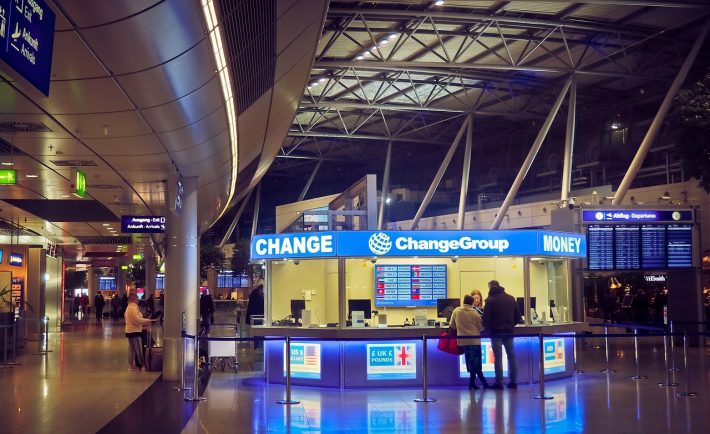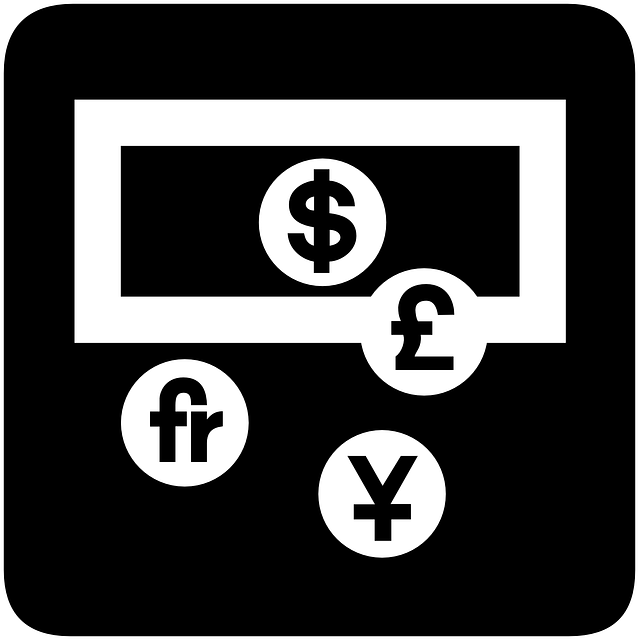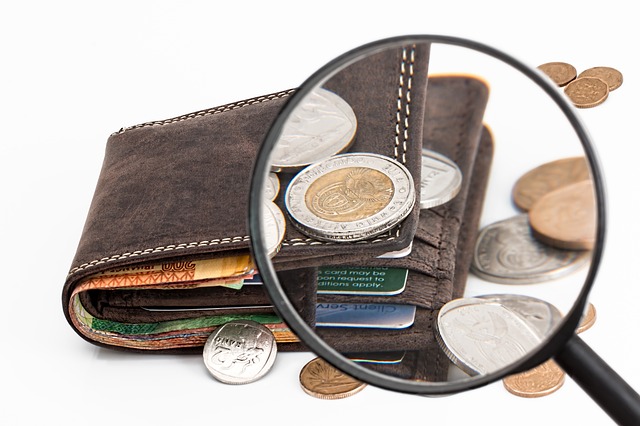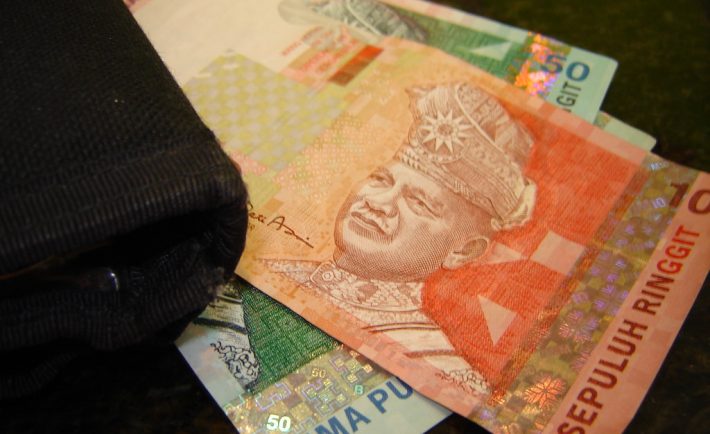Does money and partnership mix well in the game of love? I have to admit, intimacy can be expressed in different ways. Some people showcase their affection through the money and the gems it can buy. Nonetheless, your financial well-being affects your intimate relationship.
Put a spotlight on your finances to increase your bond this 2020.
PAY YOURSELF FIRST
Much has been said about loving oneself first, before loving another. I cannot stress how your capacity to love affects the way you behave in the relationship. Think of it as sourcing water from either a full or an empty pail. The same sentiment applies to paying yourself first.
Aim to grow a robust savings first, before extending your funds to your partner or spouse. I know how tempting it is to invest all your money in your business or your family. So, start small and gradually increase the amount that you will keep for yourself.
CREATE A PLEASURE ACCOUNT
When you and your partner continue to deprive yourselves on a regular basis, you will find yourselves overspending at some point. Avoid being caught in this situation by determining your couple goals and saving for these.
Aside from setting aside a portion for yourself, you must allocate money for the both of you. Use your “pleasure account” to fund entertaining activities that both of you will enjoy. You each must put an amount that is fair to you and your partner.
GO ON FRUGAL DATES
Dates should not always be lavish and expensive. You can spice up the romance by indulging on frugal dates such as a movie-night at home or having a rooftop dinner.
You can also take your partner out for some outdoor activities. Spend some time in nature to refresh your mind and body. You can go to the nearby parks, nature trails, or the Sentosa beach. Keep things simple by unplugging completely whenever possible. Cycling or jogging around can give you a whole new bonding experience. Take this time to immerse yourselves in the present and in the company of each other.
DISCUSS MONEY OPENLY
Open communication without judgment is the best way to work through challenges without fostering resentment. Do not let your partner’s unpleasant feelings build up by communicating crucial parts about your finances.

Image Credits: pixabay.com
Discuss your current debt and professional state at least once a month. Go over your finances to determine your financial problems and figure out how to solve these problems. Moreover, you must plan out how you will achieve your financial goals. This will strengthen your relationship in the long run.










